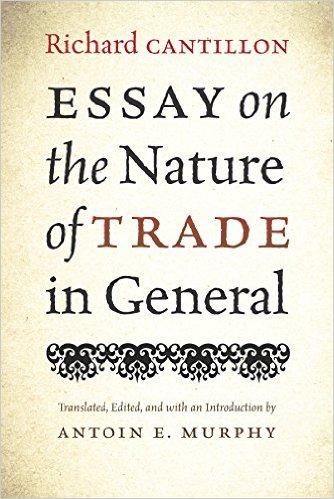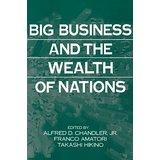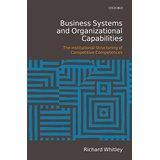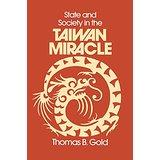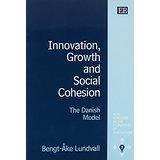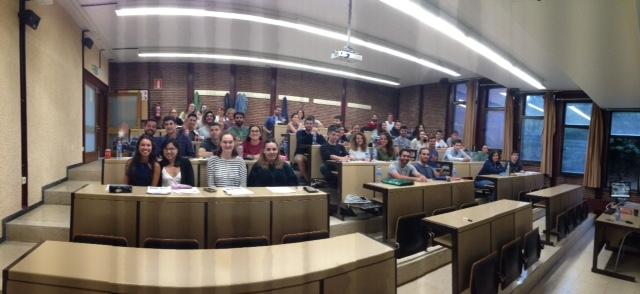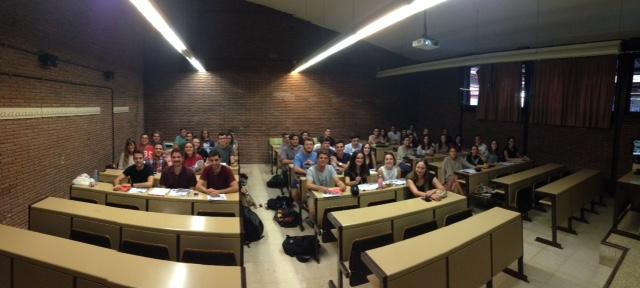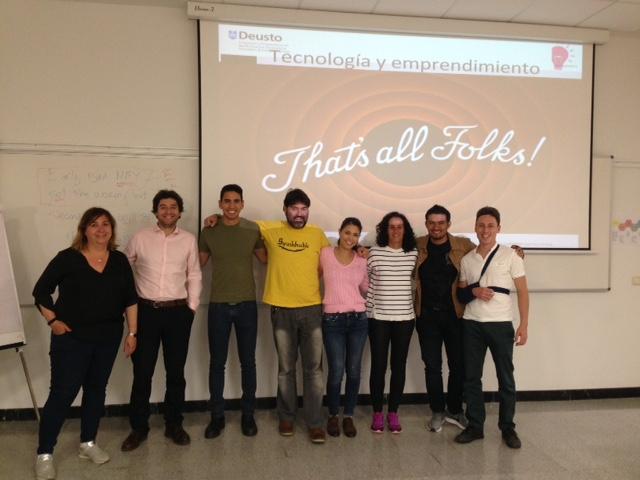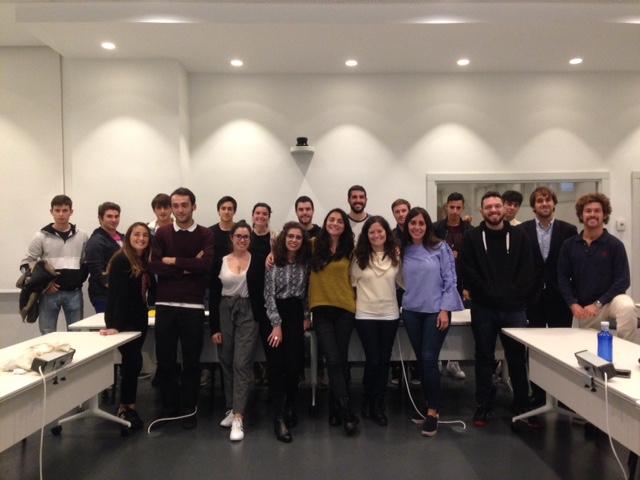- 8 Feb 2017
- Author: Richard Cantillon
- Rating:( 2965 votes )




Essay on the nature of trade in general
Richard Cantillon (1680-1734), an Irish economist, has claims to be regarded as one of the most outstanding analytical economists of the eighteenth century. F. A. Hayek wrote that Cantillon was the first to fully articulate economics as a science. In the Essay, Cantillon outlined an extraordinary model-building approach showing how the economy could be built up, through progressive stages, from a command, barter, closed economy to a market economy, which uses money and is open. He produced some outstanding monetary theory including what Mark Blaug called the Cantillon effect when demonstrating the effects of monetary expansion on inflation, output, and the balance of payments. He also highlighted the difficulties created by excessive financial innovation for a real economy and outlined the dangers of foreign borrowing by a country. Though written in the eighteenth century, the Essay has a considerable resonance for a twenty-first-century audience.
Read More
